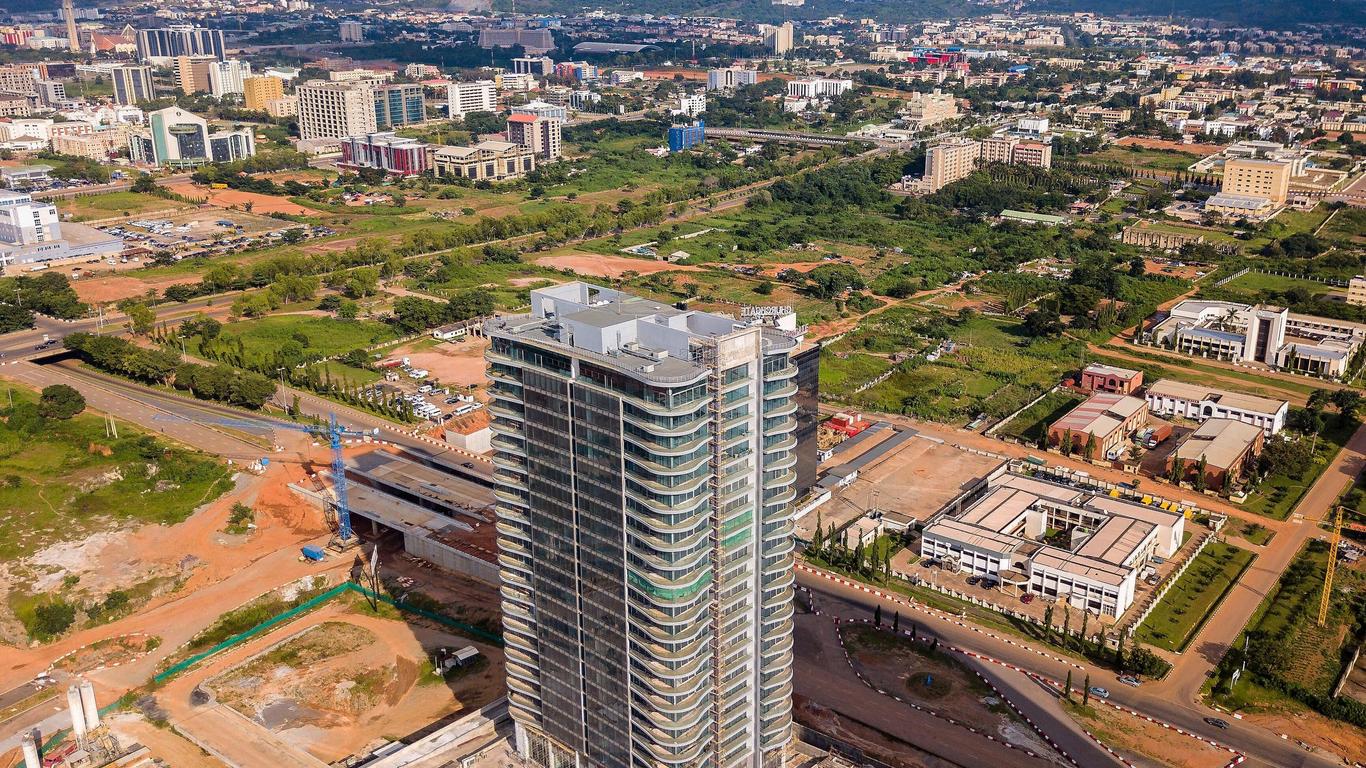Located in the heart of Nigeria, Abuja is a planned city that was designated as the country’s capital in 1991. It’s one of the wealthiest capital cities in Africa and home to many of Nigeria’s national institutions, including the Presidential Complex, the National Assembly and the Nigerian National Mosque.
Things to do in Abuja
Dominating Abuja’s skyline is Aso Rock, a 400-metre-high monolith that rises above the Presidential Complex, the Nigerian National Assembly and the Supreme Court of Nigeria. Aso Rock’s name translates as “victorious” in the language of the Asokoro people and offers spectacular views across Abuja from its top.
One of Abuja’s most impressive architectural landmarks is the Nigerian National Mosque, which was constructed in 1984 with a large central dome and four minarets rising to 120 metres. The serene and beautifully decorated interior is open to visitors outside of prayer times and there’s a conference centre onsite that can accommodate up to 500 people.
To the west of Abuja’s city centre is Jabi Lake, which was originally created to provide water for the city before becoming a recreational destination. You can stroll through Jabi Recreational Park or rent a boat to explore the lake at your leisure before getting your retail fix at the Jabi Lake Mall. Another green space not to miss in Abuja is Millenium Park, which is planted with species from Nigeria’s diverse geographical zones.
Getting around Abuja
Nnamdi Azikiwe International Airport is a 40-minute drive from the centre of Abuja and has flights to destinations across Africa and Europe. Buses connect from cities throughout Nigeria to Abuja while taxis and ride-share services are the most convenient way of getting around the city.





